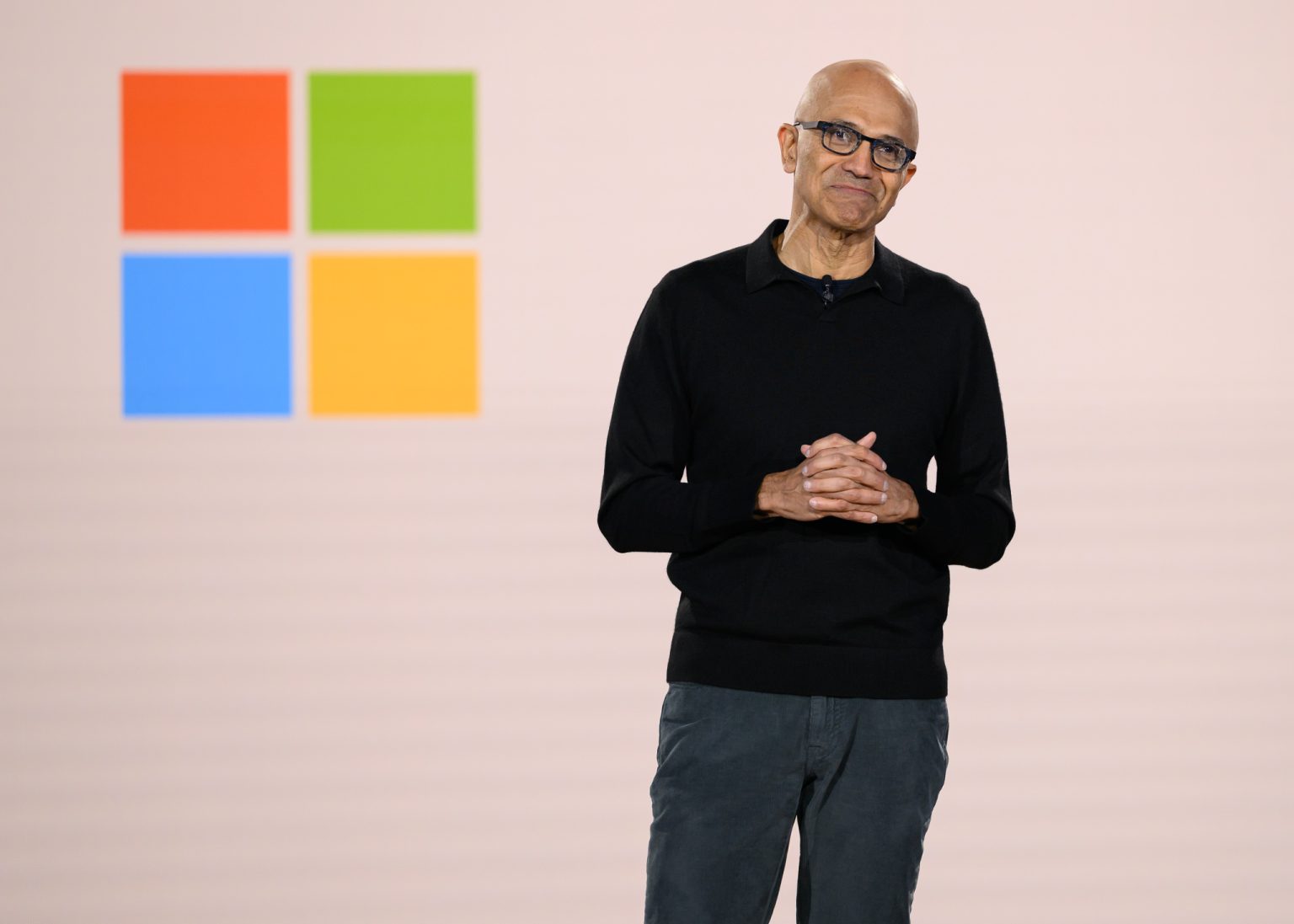Microsoft’s Nadella Sees 22% Compensation Increase as AI Strategy Drives Growth
In a year marked by technological innovation and strategic growth, Microsoft CEO Satya Nadella has seen his total compensation increase by nearly 22%, rising from $79.1 million to $96.5 million for the 2025 fiscal year. This significant rise, disclosed in Microsoft’s annual proxy statement released Tuesday, largely reflects the company’s impressive stock performance, which has surged more than 23% over the past year and briefly pushed Microsoft’s market value beyond the $4 trillion mark. The increase comes as Microsoft continues to position itself at the forefront of artificial intelligence development, with Nadella orchestrating the expansion of AI infrastructure, driving Microsoft Copilot adoption, and implementing new security initiatives that have impressed the company’s board of directors. The timing of this compensation increase coincides with Microsoft’s 50th anniversary, a milestone that highlights the company’s evolution from a small software startup to a global technology leader now helping to shape the future of AI.
The structure of Nadella’s compensation package reveals the board’s confidence in his leadership and Microsoft’s continued success, with approximately $84.2 million tied to stock performance. This performance-based approach aligns Nadella’s financial interests with those of shareholders, who have benefited from Microsoft’s strategic pivot toward AI technologies. His cash incentive bonus more than doubled from $5.2 million to $9.56 million, reflecting what the board described as “strong financial results” (achieving 117% of target) and a “high operational assessment” (reaching 151.67% of target). Notably, this compensation increase follows a previous year in which Nadella had requested a reduction in his bonus, demonstrating his commitment to responsible leadership. The proxy statement also reveals a significant shift in how executive performance is evaluated, with security now included as a key metric for compensation determination—a direct response to regulatory concerns following several high-profile security breaches that affected Microsoft systems.
Microsoft’s board is undergoing changes as well, with Walmart CFO John David Rainey nominated as a new board member to replace Carlos Rodriguez, the current chair of the compensation committee, who is not seeking re-election. This leadership transition comes at a crucial time as Microsoft continues to refine its governance approach to address emerging challenges in the tech landscape. Additionally, the board is asking shareholders to approve a new 2026 Stock Plan to replace the expiring 2017 plan, requesting authorization for up to 226 million new shares. The company frames this request as essential for maintaining its ability to attract and retain top talent through competitive equity awards—a critical consideration as the competition for AI expertise intensifies across the technology sector. These governance changes reflect Microsoft’s adaptation to a rapidly evolving technological and competitive landscape.
The compensation disclosure comes during a period of significant organizational restructuring at Microsoft. Recently, Nadella appointed veteran executive Judson Althoff as CEO of Microsoft’s commercial business, a strategic move designed to free Nadella himself to focus more intensely on long-term AI strategy and technology development. This restructuring suggests that Nadella is positioning Microsoft for the next phase of AI integration across its product ecosystem, recognizing that artificial intelligence represents not just a new product category but a fundamental transformation of how technology serves human needs. The appointment also demonstrates Microsoft’s commitment to developing leadership depth, ensuring that day-to-day business operations receive dedicated executive attention while Nadella maintains his focus on technological vision and strategic partnerships that will shape Microsoft’s future in the AI era.
The proxy statement also reveals ongoing shareholder concerns about AI risks, with several proposals specifically addressing potential ethical and societal implications of Microsoft’s AI initiatives. These proposals reflect broader societal debates about responsible AI development and deployment, issues that have become increasingly prominent as Microsoft has deepened its partnership with OpenAI and integrated generative AI capabilities across its product suite. The focus on security as a performance metric similarly reflects an evolving understanding of technology risks in an interconnected world. Microsoft’s Secure Future Initiative, highlighted in the board’s review of Nadella’s performance, represents the company’s attempt to address these concerns through systematic improvements to its security infrastructure and practices. These developments illustrate how Microsoft is navigating the complex intersection of technological innovation, corporate responsibility, and shareholder value in an era when AI capabilities are advancing rapidly.
As Microsoft prepares for its virtual annual meeting scheduled for December 5, 2025, the company stands at an inflection point in its history. Having reached its 50th anniversary, Microsoft has transformed from a software provider to a comprehensive technology platform that increasingly shapes how individuals and organizations interact with digital systems. Under Nadella’s leadership, the company has embraced cloud computing, expanded its hardware offerings, and positioned itself at the center of the AI revolution. His compensation increase reflects not just past performance but expectations for future growth as Microsoft continues to evolve. The board’s willingness to reward Nadella so substantially indicates their confidence that his vision for AI-driven transformation will continue to create value for shareholders while addressing the complex challenges that come with developing increasingly powerful technologies. As artificial intelligence becomes more deeply integrated into Microsoft’s products and services, Nadella’s ability to balance innovation with responsibility will likely remain central to both his leadership legacy and Microsoft’s future success.















